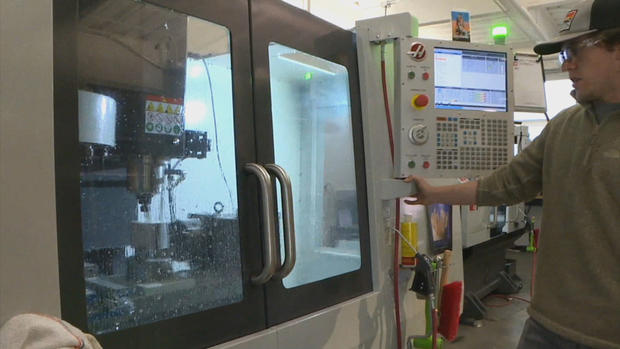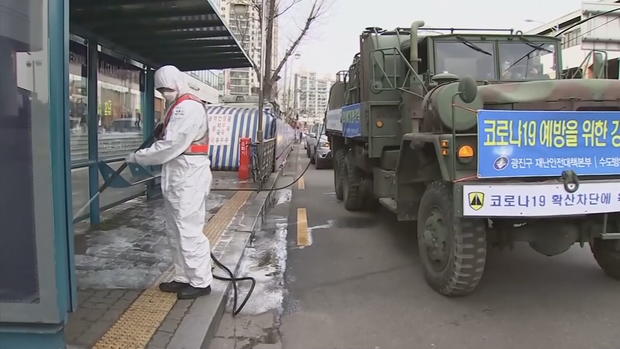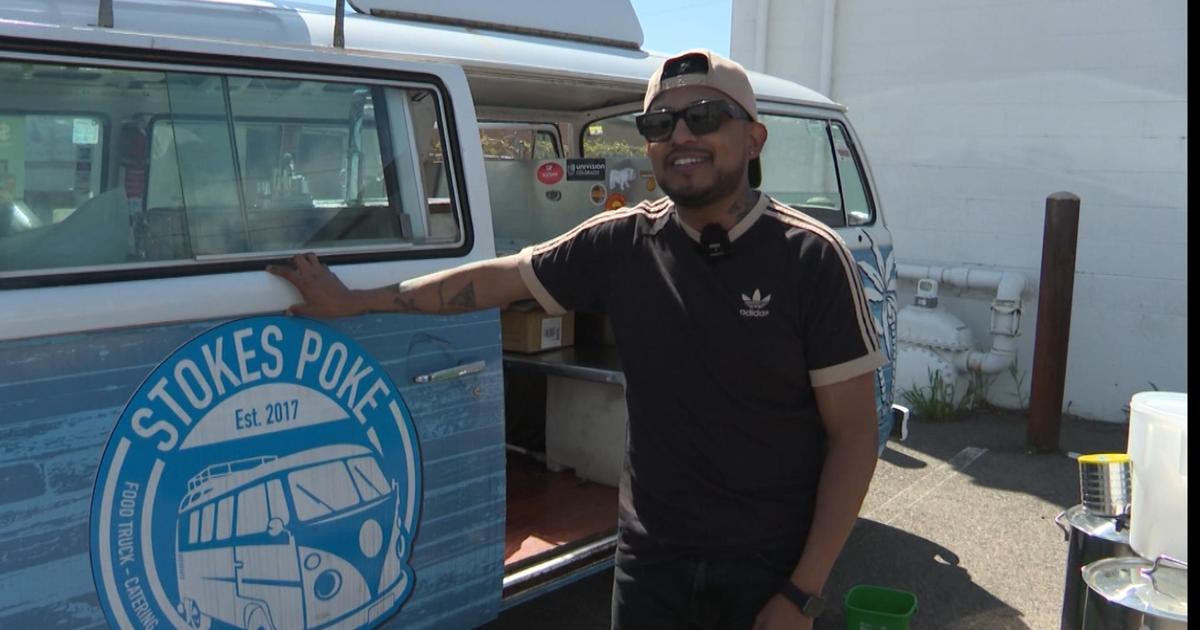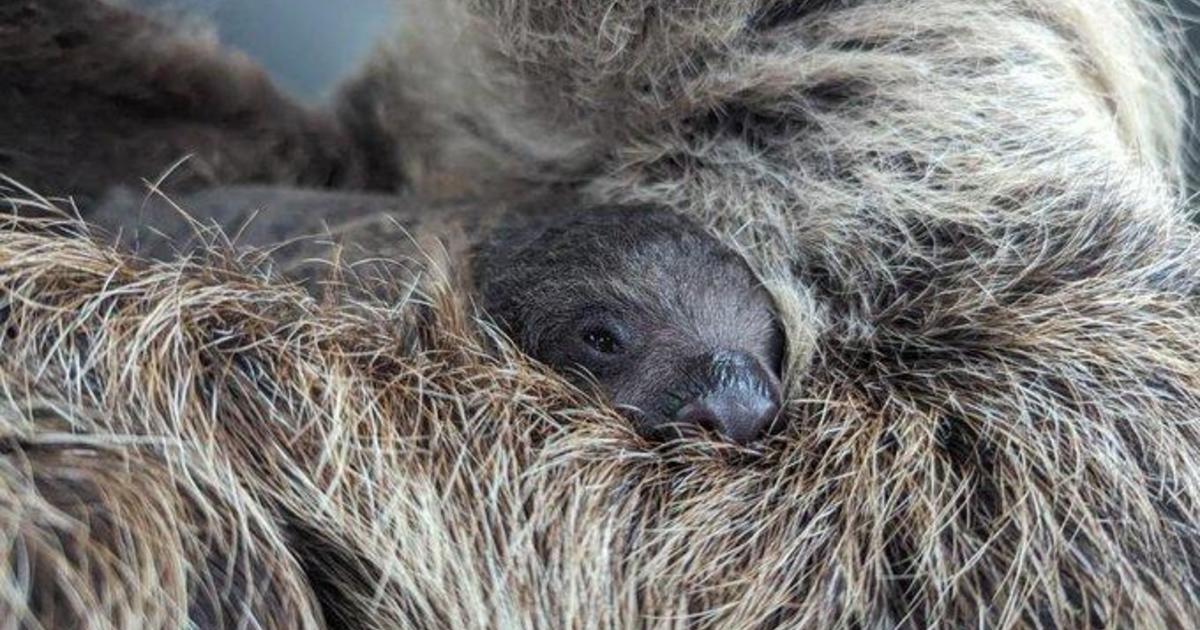Coronavirus In Colorado: CSU Experts Working On Product To Disinfect Large Areas Of COVID-19
FORT COLLINS, Colo. (CBS4) – A team of scientists, medical professionals and engineers at Colorado State University teamed up to develop a product which could disinfect large areas of coronavirus with the simple spray of a solution. The university used a formula developed by scientists at the Infectious Disease Research Center.
They also tasked those at the Energy Institute with creating a way to produce the product and scale it. If the university is successful at their mission, the design could be used across the country to kill COVID-19 within the upcoming months.
"It is CSU's mission to take the science that is developed here and use it to serve the citizens of the state," said Bryan Willson, Director of the Energy Institute at CSU.
In a matter of about two weeks, the university had a design and moved forward with the development phase. Willson's team is using robotics to develop a light that will use different wavelengths to kill the virus with the assistance of a nucleic acid.
"It is really taking the science (CSU's scientists) have developed. But, applying it in a different way and cranking it up to see if we can sterilize larger surfaces," Willson said. "We are envisioning something that would be a backpack solution, with a spray nozzle and an illumination source."
Willson noted many in Asia, including South Korea and China, have used bleach-based formulas to spray in possibly infected areas.
"Some of those applications are difficult to do in confined spaces, and to do as often throughout the day as one wish," Willson said.
RELATED: Latest Updates On The Coronavirus Outbreak In Colorado
While the common Lysol or Clorox spray is what many at home use, Willson hoped CSU's development would allow the public to kill the virus on a larger scale.
"There are solutions out there that are being proposed as (killing) 90% or 99%. You really need to go many more nines than that. We are working on more nines," Willson told CBS4's Dillon Thomas.
CSU hopes to have the formula, and deliver method, developed in the coming weeks, with a potential product to scale in the coming months.
LINK: CSU Research





